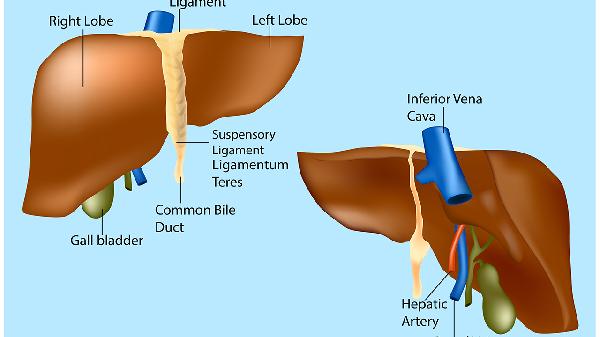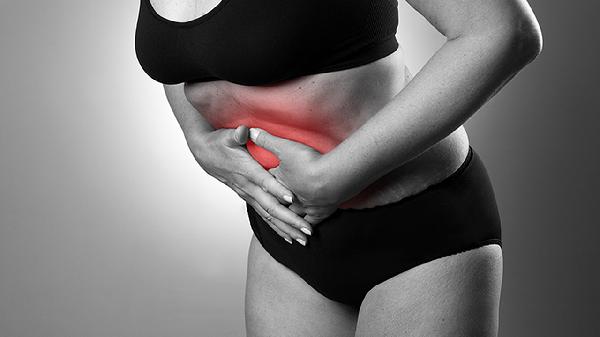Pregnancy is a crucial process for nurturing the next generation, and women who wish to conceive often pay close attention to their bodies, hoping to detect pregnancy as soon as it occurs. In fact, after conception, a woman's body undergoes a series of changes, and based on these reactions, one can preliminarily determine whether she is pregnant.

So, how soon can a pregnancy test detect pregnancy?
Pregnancy test strips work by detecting the level of hCG (human chorionic gonadotropin) to determine if a woman is pregnant. Although many pregnancy test instructions indicate that a woman can test for pregnancy one day after her missed period, in reality, hCG begins to be secreted by the placenta only 10-14 days after conception. This means that testing too early, when the hCG level is still low, can result in inaccurate results. Even if a woman is pregnant, it may be difficult for the test strip to detect it. Therefore, if you are unsure whether you are pregnant but do not want to go to the hospital for a check-up, you should use a pregnancy test strip 1-2 weeks after your missed period. If the test strip indicates pregnancy, it is advisable to go to the hospital promptly for further confirmation.
Next, how to use a pregnancy test strip:
1. Determine the testing time: You can test on the day your period is due or 7-10 days after intercourse.
2. Testing method: Collect urine (preferably the first morning urine), insert the test strip, and observe the results within 5 minutes.
3. Interpretation of results: Positive: Both the upper and lower parts of the test strip show colored bands, indicating pregnancy. Negative: Only the upper part of the test strip shows a purple-red band, while the lower part does not, indicating no pregnancy. Invalid: No colored bands appear, indicating that the test strip has expired.
Additionally, what are the early signs of pregnancy?
1. Missed period: This is the most commonly noticed sign of pregnancy. Any woman of childbearing age with a normal menstrual cycle who experiences a delay of more than two weeks after intercourse may be pregnant. However, a missed period does not always mean pregnancy. There are many reasons for a missed period, such as poor ovarian function, hormonal imbalances, work stress, or exam anxiety, all of which can cause a delayed period. Therefore, it is safest to get a diagnosis from a doctor.
2. Breast tenderness, swelling, and itching: These are early physiological signs of pregnancy. Additionally, there may be darkening of the areola, visible veins under the breast skin, and more prominent nipples.
3. Frequent nausea and vomiting: Many women in early pregnancy often experience nausea and vomiting, especially at the start of the day. These symptoms vary from person to person; some may have mild symptoms, while others may experience severe ones. Unless the nausea and vomiting are extremely severe, they are normal early pregnancy symptoms and do not require medical attention.
4. Fatigue: Early pregnancy often brings fatigue and a constant desire to sleep.
5. Frequent urination: By the third month of pregnancy, the expanding uterus presses on the bladder, reducing its capacity and leading to frequent urination.
Finally, if you want to know early whether you are pregnant, you can also go to the hospital for a blood test to check hCG levels eight days after intercourse, which is also quite accurate.
























